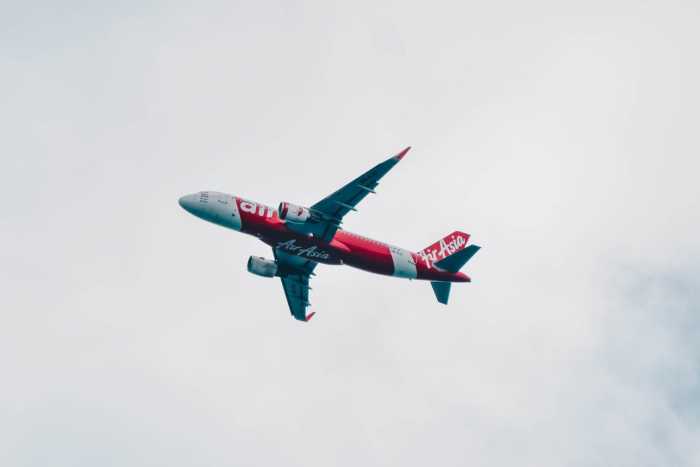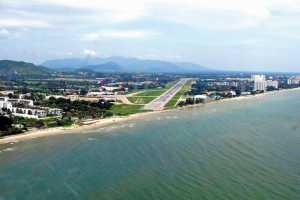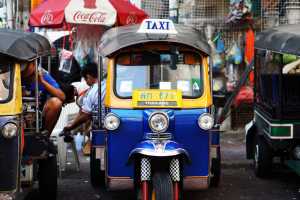
Thai Regional Airlines Lose License to Fly
14th Jan 2013

What could have been an otherwise pleasant travel turned into a nightmare when passengers who purchased cheap tickets from Thai Regional Airlines (TRA) were caught by surprised as the airline's inaugural flight was prevented from flying by authorities due to the airline's failure to obtain a license to fly.
Executives from the airline were summoned by the Office of the Consumer Protection Board (OCPB) and the Civil Aviation Department for a meeting immediately after to iron the kinks which left more than 500 passengers in the airport unable to take their flights. They were immediately instructed to give refunds to all the affected passengers.
No charges have been filed against the erring airline this early as they expect amicable solutions between the airline and the affected passengers in no time.
As posted on its website, TRA has announced that its services are "temporarily unavailable" until the end of March 2013 as they are still awaiting approval by the Civil Aviation Department (CAD) of their application for a license to operate.
A new launch date for its inaugural flights is rescheduled on April 1, 2013. The said flights will originate from Bangkok to Khon Kaen, Chiang Mai and Phuket.
The Civil Aviation Department (CAD) official was quoted as saying that the airline was hastily selling tickets even before they could get their license.
He further revealed that the airline's application got a snag after authorities learned about serious issues regarding the airline's safety and aircraft maintenance.
TRA was hoping that they could get their license approved soon so that they could launch their services during the peak season.
Thai Regional Airlines, like most other start-up airlines before them, blatantly ignored the warning issued by the department against selling tickets before getting their license. They began selling tickets as early as October, one month after submission of their application for a license.
A similar case happened on October last year when another Thai airline, PC Air, got into trouble when its lone plane was prevented from leaving the airport in Seoul, South Korea, thereby stranding all its passengers there.
The latest case involving TRA has left many people wondering if authorities are doing their job based on their capacity as regulators of the airline industry so as not to avoid the same problem in the future.
No comments were immediately available from the TRA office.
CAD official revealed that TRA was seeking to upgrade its license to a scheduled flight operator from being a charter airline operator which it originally obtained early last year. Based on its original license as an air taxi operator, it has in its fleet two Piper PA-31-350 Navajo Chieftains, twin-engine propeller aircraft that can seat up to 10 people.









